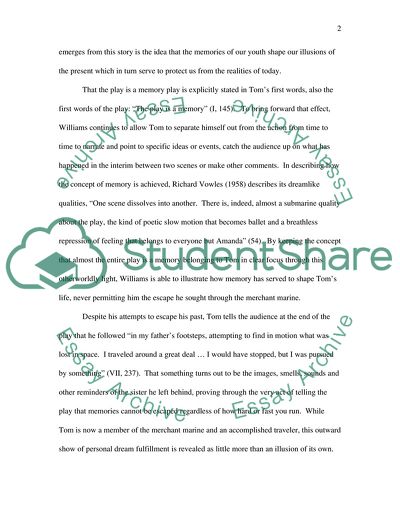Cite this document
(The Central Theme of The Glass Megagerie by Tennessee Williams Assignment, n.d.)
The Central Theme of The Glass Megagerie by Tennessee Williams Assignment. https://studentshare.org/english/1707677-theme-of-the-glass-megagerie
The Central Theme of The Glass Megagerie by Tennessee Williams Assignment. https://studentshare.org/english/1707677-theme-of-the-glass-megagerie
(The Central Theme of The Glass Megagerie by Tennessee Williams Assignment)
The Central Theme of The Glass Megagerie by Tennessee Williams Assignment. https://studentshare.org/english/1707677-theme-of-the-glass-megagerie.
The Central Theme of The Glass Megagerie by Tennessee Williams Assignment. https://studentshare.org/english/1707677-theme-of-the-glass-megagerie.
“The Central Theme of The Glass Megagerie by Tennessee Williams Assignment”. https://studentshare.org/english/1707677-theme-of-the-glass-megagerie.


